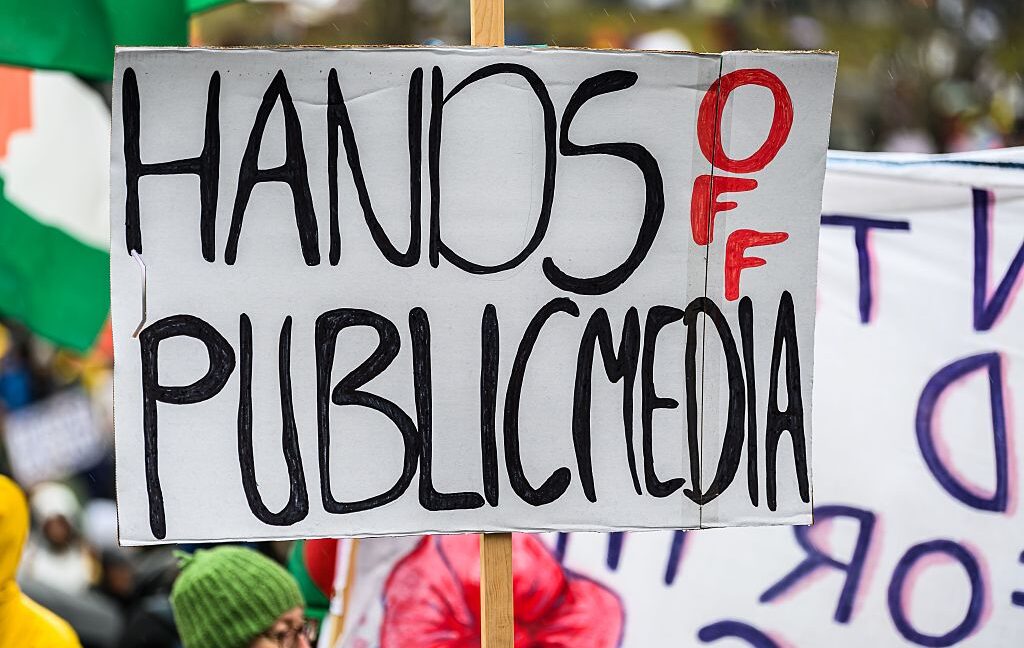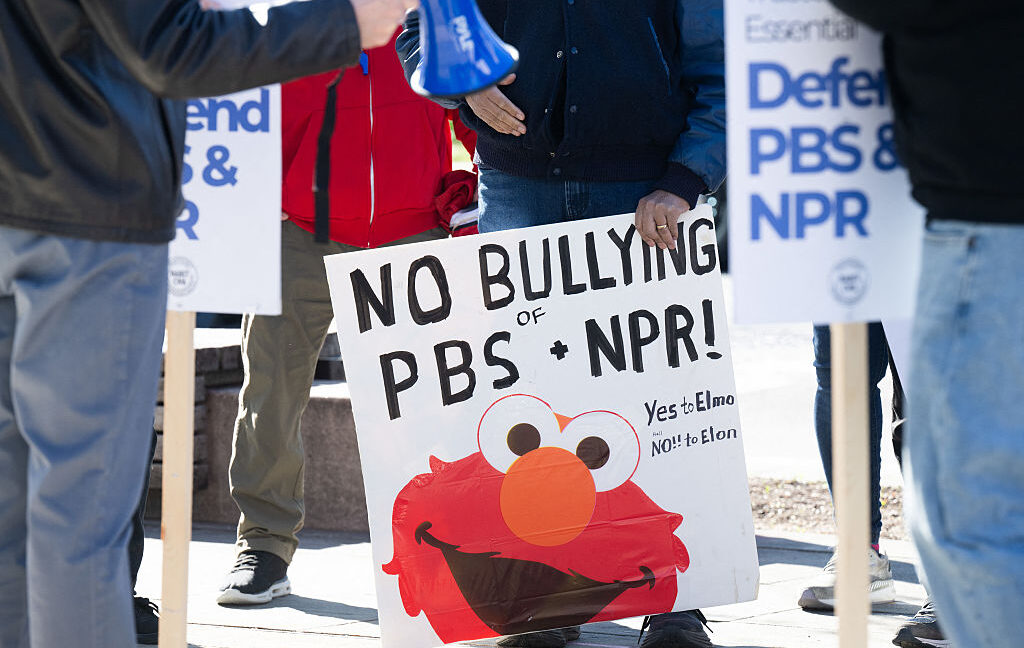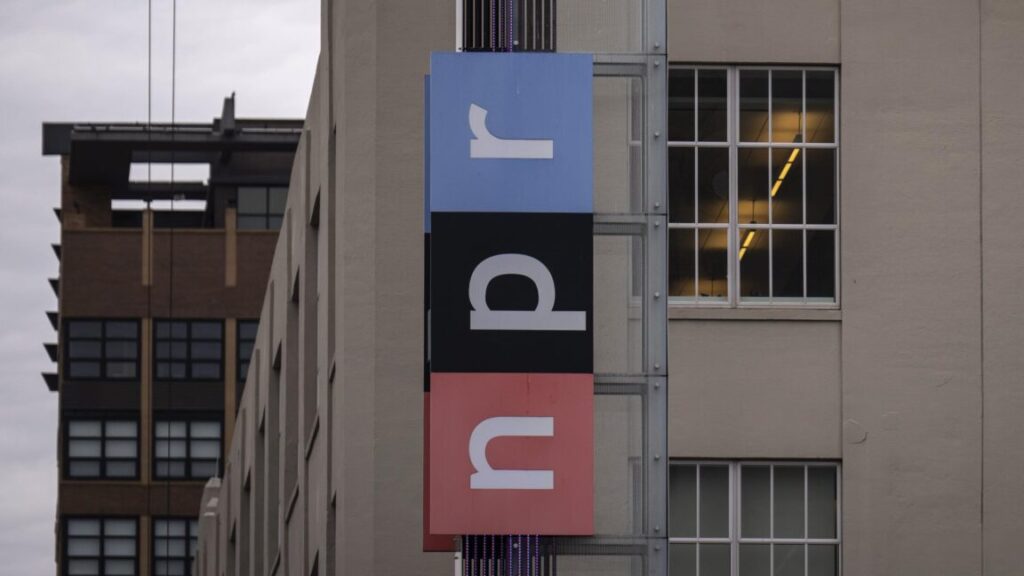RIP Corporation for Public Broadcasting: 1967–2026
Despite the protests of millions of Americans, the Corporation for Public Broadcasting (CPB) announced it will be winding down its operations after the White House deemed NPR and PBS a “grift” and pushed for a Senate vote that eliminated its entire budget.
The vote rescinded $1.1 billion that Congress had allocated to CPB to fund public broadcasting for fiscal years 2026 and 2027. In a press release, CPB explained that the cuts “excluded funding for CPB for the first time in more than five decades.” CPB president and CEO Patricia Harrison said the corporation had no choice but to prepare to shut down.
“Despite the extraordinary efforts of millions of Americans who called, wrote, and petitioned Congress to preserve federal funding for CPB, we now face the difficult reality of closing our operations,” Harrison said.
Concerned Americans also rushed to donate to NPR and PBS stations to confront the funding cuts, The New York Times reported. But those donations, estimated at around $20 million, ultimately amounted to too little, too late to cover the funding that CPB lost.
As CPB takes steps to close, it expects that “the majority of staff positions will conclude with the close of the fiscal year on September 30, 2025.” After that, a “small transition team” will “ensure a responsible and orderly closeout of operations” by January 2026. That team “will focus on compliance, final distributions, and resolution of long-term financial obligations, including ensuring continuity for music rights and royalties that remain essential to the public media system.”
“CPB remains committed to fulfilling its fiduciary responsibilities and supporting our partners through this transition with transparency and care,” Harrison said.
NPR mourns loss of CPB
In a statement, NPR’s president and CEO, Katherine Maher, mourned the loss of CPB, warning that it was a “vital source of funding for local stations, a champion of educational and cultural programming, and a bulwark for independent journalism.”
RIP Corporation for Public Broadcasting: 1967–2026 Read More »


